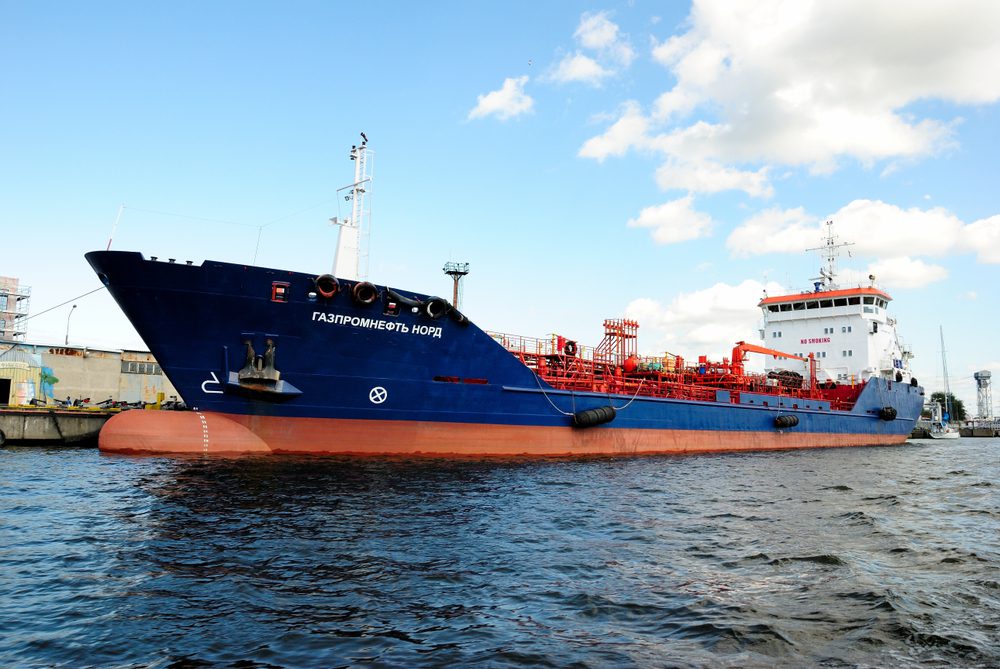
The European Union’s governments, after struggling to find a level at which they can agree to cap Russian crude prices, on Thursday, December 1st, finally came to a tentative agreement on a $60 a barrel price cap on Russian seaborne oil, which seeks to reduce Moscow’s ability to finance its war in Ukraine.
“The price cap is set at $60 with a provision to keep it 5 percent below market price for Russian crude, based on [International Energy Agency] figures,” an EU diplomat said, according to a report from the news agency Reuters.
The report notes that the agreement still needs written approval from all EU governments by Friday.
The G7’s initial proposal last week sought to cap Russian crude prices at $65-70 per barrel with no adjustment mechanism. However, Poland, Lithuania, and Estonia rejected the proposal since Russian Urals crude—the most common export grade of crude from Russia—was trading below $70 on December 1st and last week dropped down to $55.
As of Thursday evening, Warsaw, which had previously pushed for a $30 price cap, still had not confirmed that it would support the deal, the EU diplomat told Reuters.
Under the tentative agreement, the European Union put into place a mechanism that would allow for revisions of the maximum price at which Russian crude can be bought every two months.
Speaking on the bloc’s tentative agreement, U.S. Deputy Treasury Secretary Wally Adeyemo said he was encouraged by the development, and added that he anticipates the details to be ironed out promptly and for a final agreement to be reached soon.
The G7’s price cap is set to kick in on December 5th and replace a total ban on buying Russian seaborne crude. Under the price cap, shippers and insurance companies will be prohibited from handling shipments of Russian crude unless it is sold at or below the price cap.
Late last month, Russian President Vladimir Putin said that attempts by the West to cap the price of Russian oil would have “grave consequences” for world markets. Despite his warnings, however, the G7 has moved forward.
Oil ministers from OPEC+ countries, which Russia is a member of, were set to meet in Vienna on December 4th. However, last minute the group changed plans and instead opted to hold the meeting online.
